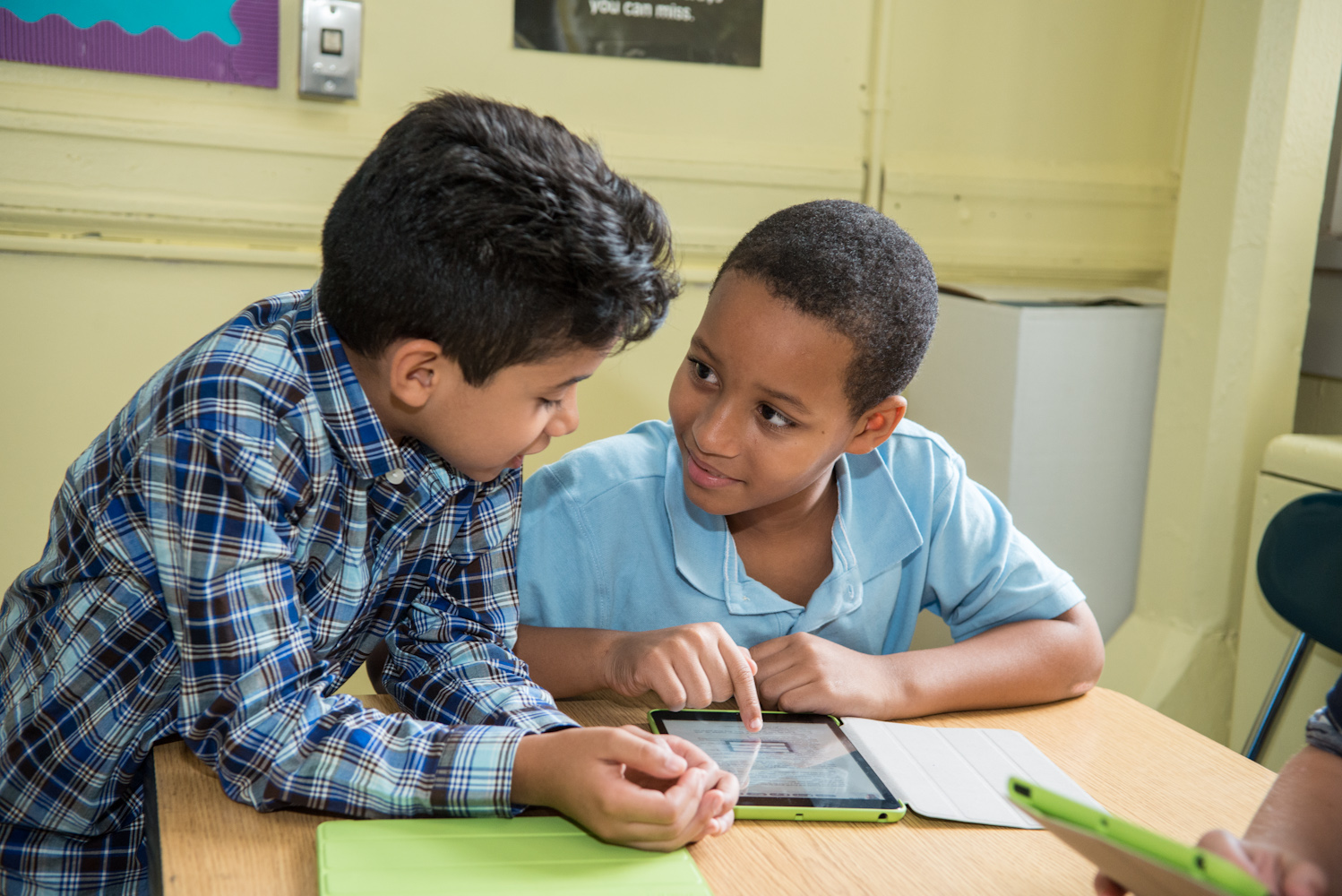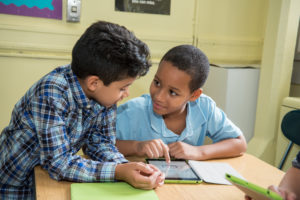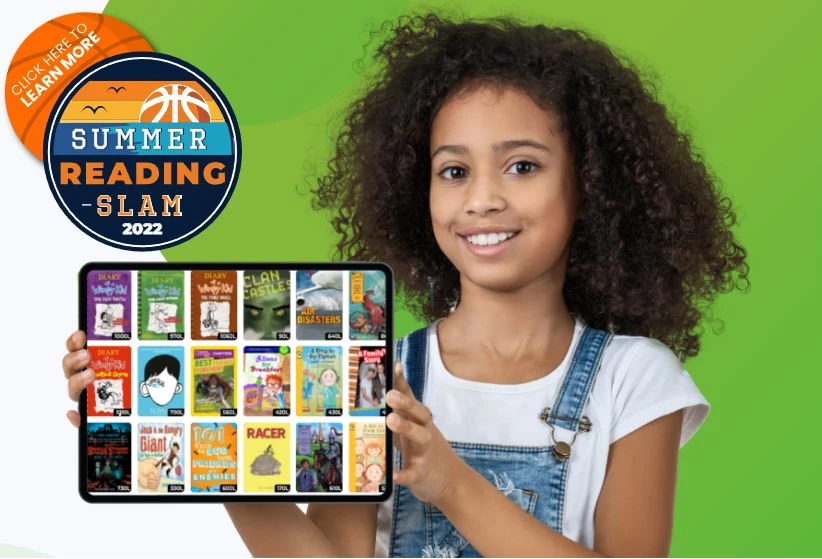

Students dash into the room, retrieving iPads with the same enthusiasm that you might see in a grab for sports equipment. Once they’re focused on reading, you’ll hear quiet exclamations of “Yes!” and “I made it!” as students ace assessments or see evidence of their growth as readers. I don’t remember when it started, but somewhere along the way, reading became a game – as enthralling and highly competitive as any that kids play on their phones or home consoles.
I teach 4th and 5th grade Special Education in the Los Angeles Unified School District and last fall, I began using LightSail in my classroom. Within LightSail, students see tangible signs of success: they immediately know if they have correctly answered assessment items, and they see Lexile growth after each reading session. LightSail visualizes reading gains for students; for example, kids see a bubble that represents their reading level change from yellow to green as they approach benchmarks.
I expected those progress indicators to support a growth mindset for my students, and hoped kids would challenge themselves to develop as readers. As I saw students doing “fist-pumps” to celebrate daily wins, I smiled – their enthusiasm was contagious! But I didn’t anticipate a fierce competition emerging – with some very unlikely players.
A few months ago, I noticed two of my 5th graders, Sebastian and Rafael, running into the room for our literacy block. The boys are both English Language Learners who read below grade level. As with most struggling students, independent reading presented a variety of challenges, and I was thrilled to see their motivation. Then I noticed that the boys had moved past the excitement of pushing themselves – they had turned the competition on each other.
Rafael would say “I have 7 more points than you!” after comparing their Lexile measures, and then a few days later, Sebastian would come back with, “Ha! My bubble’s bigger than your bubble!” I knew 5th grade boys are competitive, but I couldn’t believe the enthusiasm I was hearing… especially from Sebastian, who had a tendency to be apathetic in his schoolwork.
Soon Sebastian and Rafael started begging for more time reading on their iPads, asking me for “just a few more minutes” – a phrase I was unaccustomed to hearing during our literacy block. I remember the day Sebastian jumped up during reading and shouted, “Yes! I did it! I beat Rafael! I’m on top of Rafael!” It was an amazing moment for him – and for me, as his teacher.
Around this time, the whole class got in on the competition, rooting for both boys to keep going and to try and beat each other. The excitement was rubbing off, and gamified reading was catching on in our classroom.
After 11 years as a teacher, not much surprises me, but I’ve been amazed by how strongly my kids responded to the gamified aspects of LightSail. It wasn’t as if I sat down with them and said, “This learning tool may help our reading feel like a video game!” The game-like response came from the students: they are so familiar with playing games that they created their own context with LightSail.
And I love the outcome: I will never tire of seeing my students actually running to their iPads to start reading! As “chest-bumps” join fist-pumps in my classroom, I know the kids remain engaged with their progress.
I’ve seen a tremendous jump in the Lexile measures of my students this year – especially in Sebastian and Rafael – and I love circling the room during our reading block, enjoying what I call “daily celebrations” with my students as they push themselves to read at higher levels. And it’s not just an increase in numbers: as readers, my students are making connections everywhere, and I’m so proud of them.
Monique Choyce
Special Education teacher, Los Angeles Unified School District
Posted on 1.Jan.16 in Partner Success




